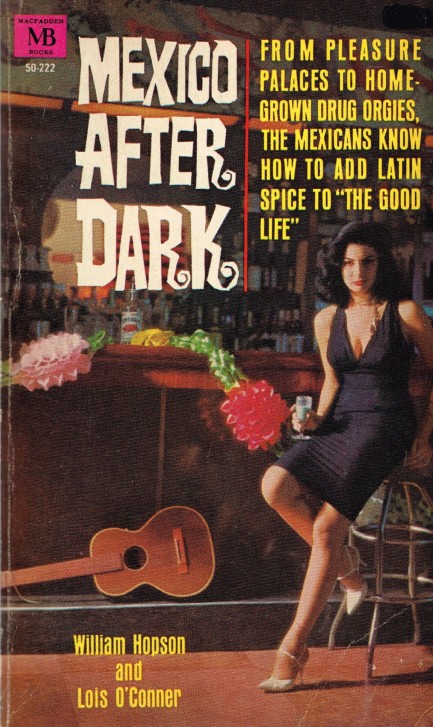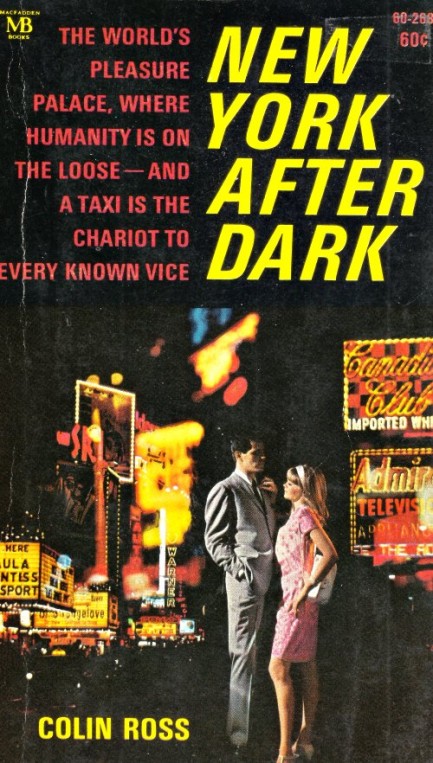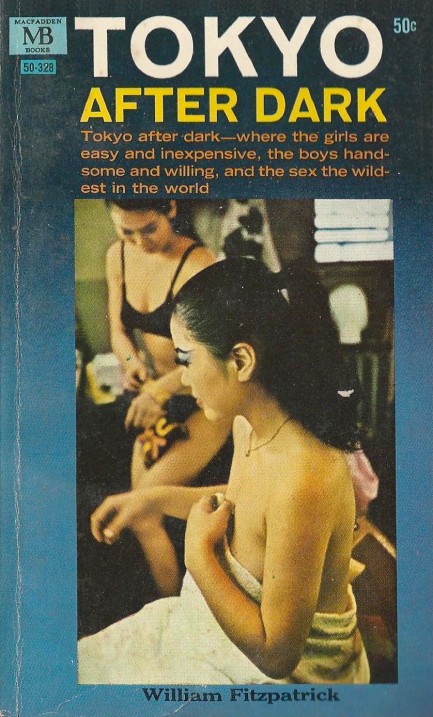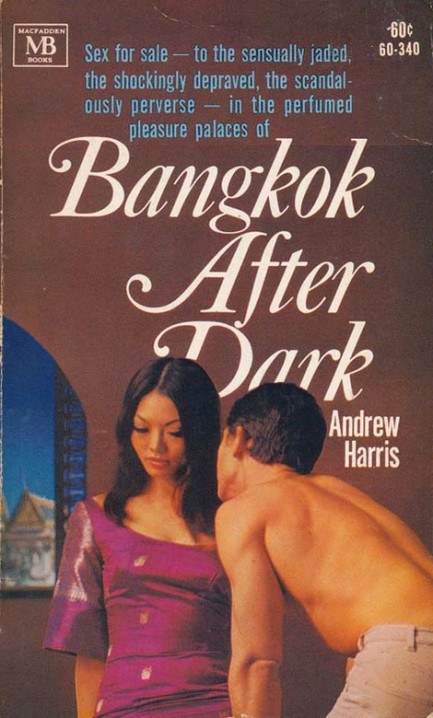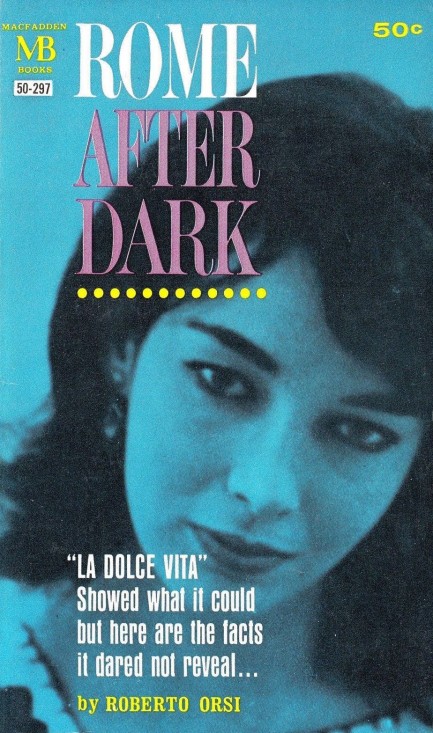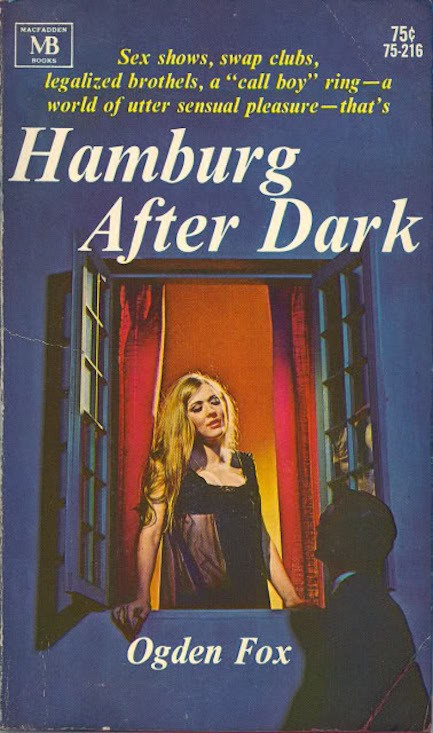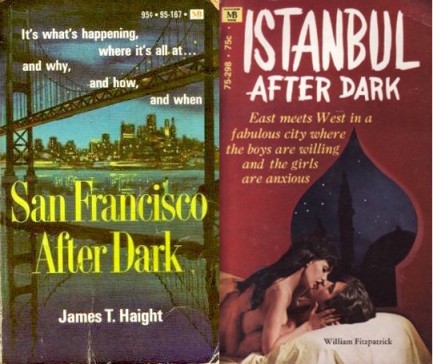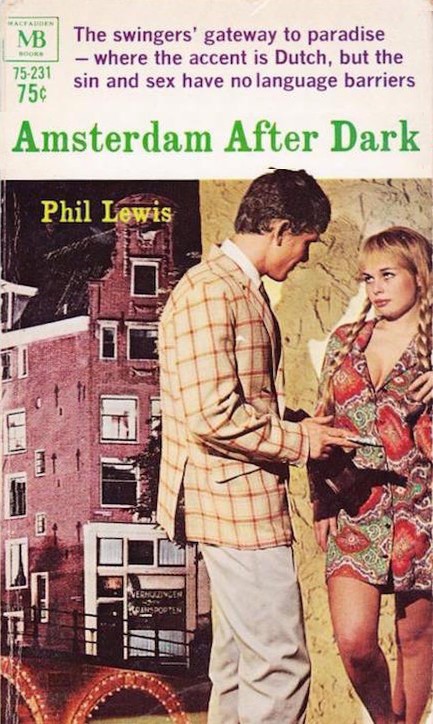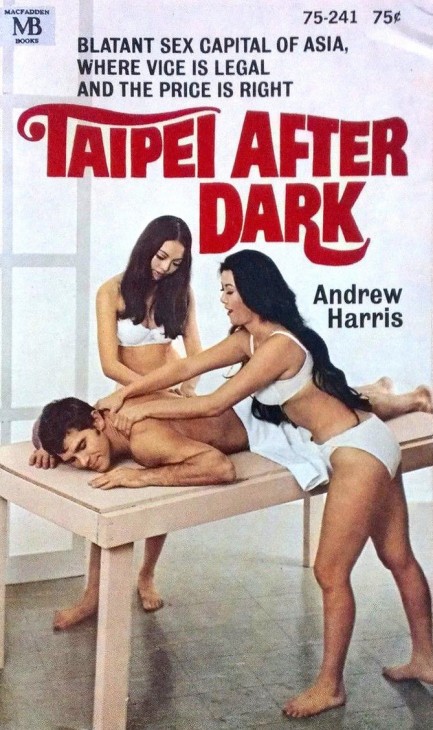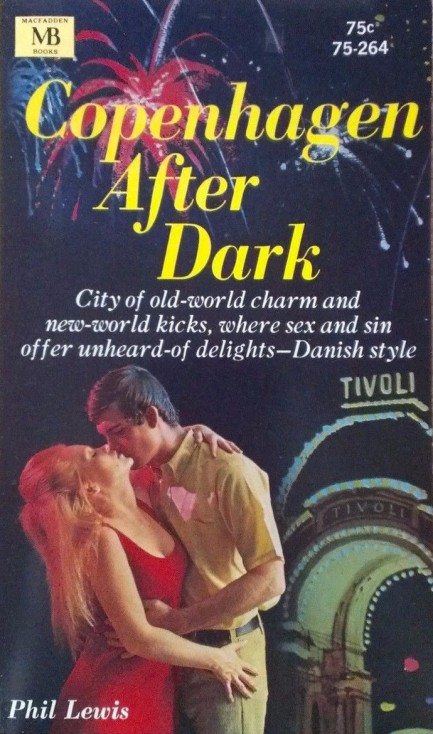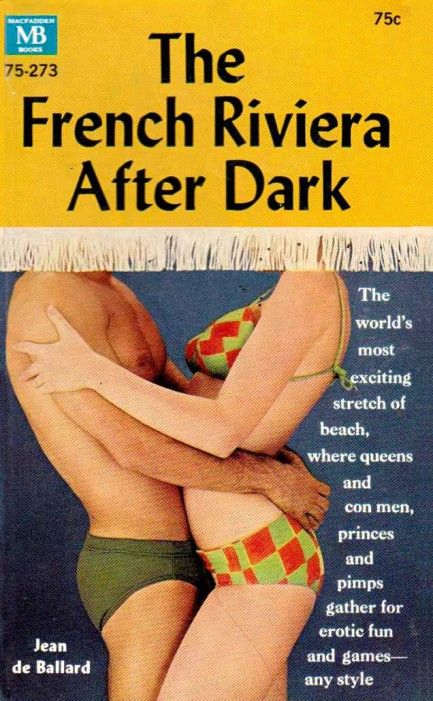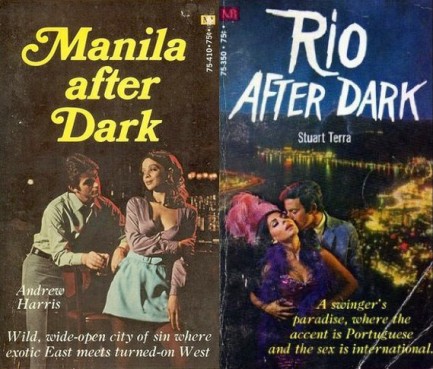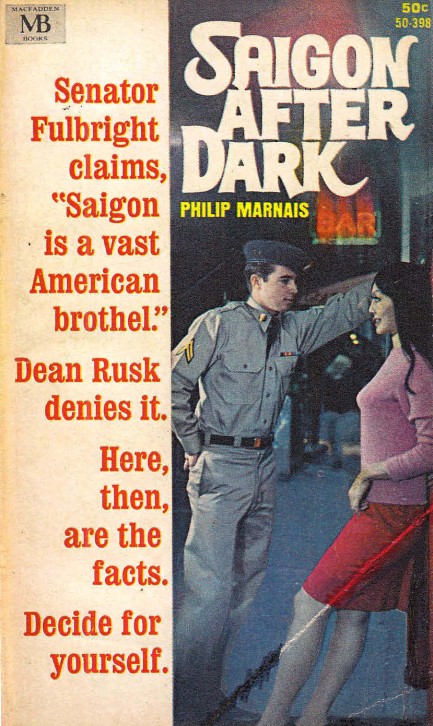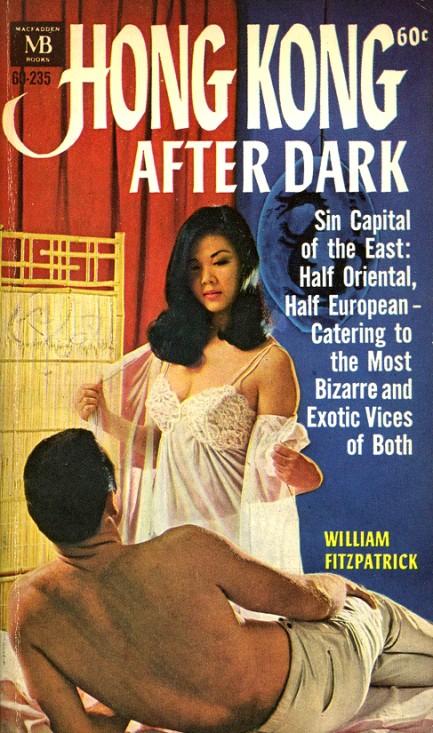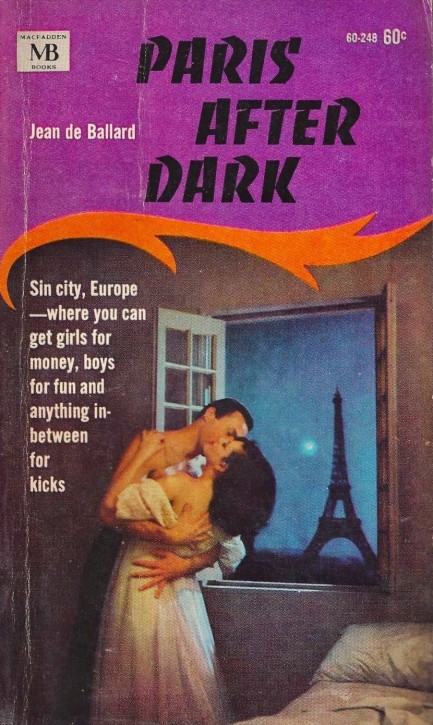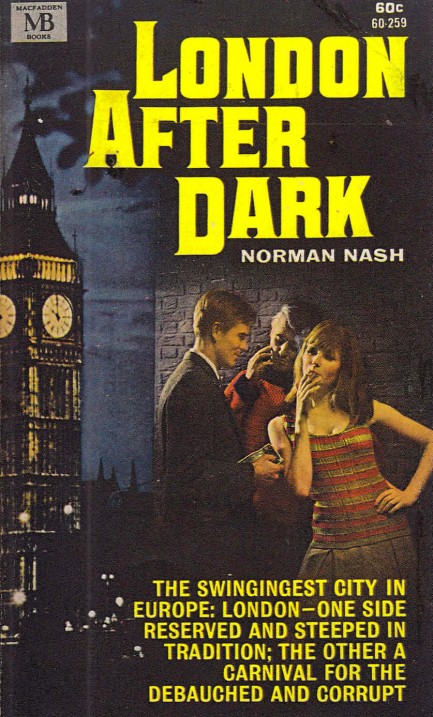 Bad news. Your husband refused to pay the ransom. He also wanted me to tell you it's not you, it's him. 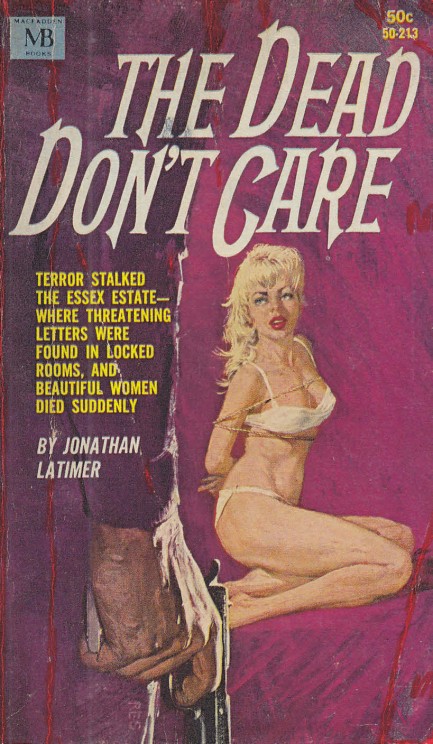
A while back we moved Jonathan Latimer from the decent bin to the mandatory bin off the back of his crazy thriller Solomon's Vineyard. We're returning him to the decent bin. The Dead Don't Care is an okay book, but not top notch. Latimer wrote it in 1938, and it was the fourth entry in a detective franchise starring a boozy dick named Bill Crane, and an equally boozy sidekick named Thomas O'Malley. The two engage in such shenanigans as ordering double-triple bourbons and generally pickling their livers at every opportunity—which we totally respect‚ but the actual mystery, divorced from its comedic elements, is overly talky and populated by characters that tend to blend after a while. Basically, Crane and O'Malley are called in when an upper crust woman is kidnapped, and someone is murdered. As usual in such books, the first murder isn't the last, and the second killing provides key clues to finally unmasking the eventual culprit. In all, it was meh. But it did well enough to spawn a film adaptation, 1938's The Last Warning, which we may watch at some point. We're in no way discouraged by The Dead Don't Care. We already know Latimer can write. But it isn't surprising he'd run into problems four entries into a series that would peter out after one more outing. We'll move on to his other books and do so eagerly. This MacFadden-Bartell paperback came in 1964, and the cover art is by Robert Schulz.
 I'm down to my last few bullets! Throw those egg salad sandwiches we brought for lunch! Maybe those will slow them down! 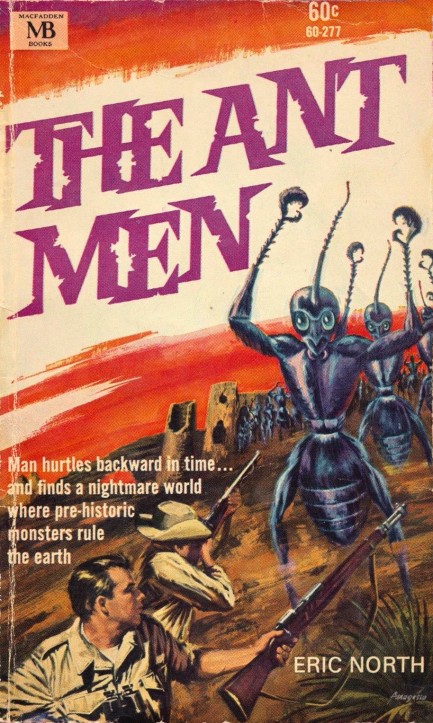
When we first saw Eric North's 1955 sci-fi thriller The Ant Men the first thought we had— Well, actually, the second thought. The first thought was: “Oh, this is a must read.” Our second thought was: “Highly centralized, conscienceless, conformist hordes seeking to overrun everything in sight? Hmm, wonder what that's a paranoid metaphor for?” But the book doesn't really have the anti-commie thing. It's sci-fi played straight about six unfortunate people who stumble upon a city of giant ants in the dead heart of Australia. To make matters worse, there are more than just ants out there. It's reasonably fun at first, but North slowly drives his own narrative south with an impossibly annoying Aussie bush guide character who exclaims, “Mamma mamma!” probably fifty times. Five would have gotten the idea across. Before long we were hoping the ants would rip him to pieces and drag his sections down a hole to their queen. The fact that they don't is the book's biggest flaw. Aside from that it's decent, but certainly not among the better sci-fi novels of the period. This MacFadden-Bartell edition has art by Jack Faragasso.
 Aren’t you a little old for this sort of thing? 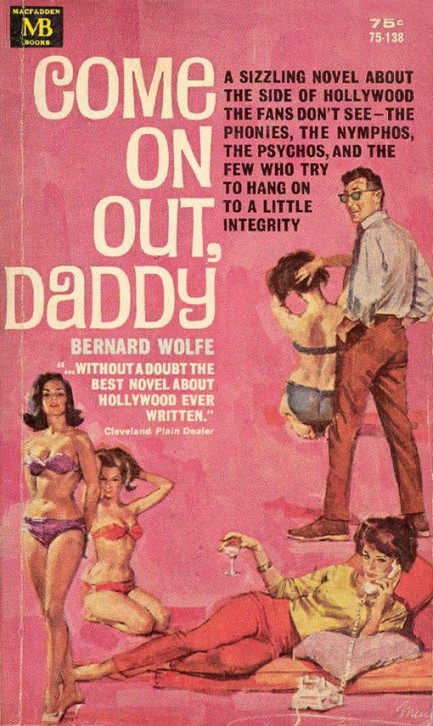
Bernard Wolfe is known for several reasons, not least of them for being Leon Trotsky’s personal secretary in Mexico City, but he was also a novelist of wide-ranging interests. Come On Out, Daddy was his Hollywood book, about a New York author who moves out west to cash in on an easy screenwriting job. While making a couple thousand dollars a week for doing very little he runs into the usual assortment of jaded Tinseltown characters—from big stars to little wannabes—and trysts with an assortment of disposable beauties before of course meeting the woman of his dreams. It’s episodic due to it being partly cobbled together from short stories published in Playboy and Cavalier, but reasonably well regarded as a cultural satire. Life described it as “garrulously and surrealistically told by a huge cast of people in varying stages of corruption.” 1963 on the hardback, and 1964 on the above, with cool cover art by James Meese.
 It doesn’t look like much now, but slap on some paint, scatter some knick-knacks around, and we can open a bed & breakfast and make a fortune. 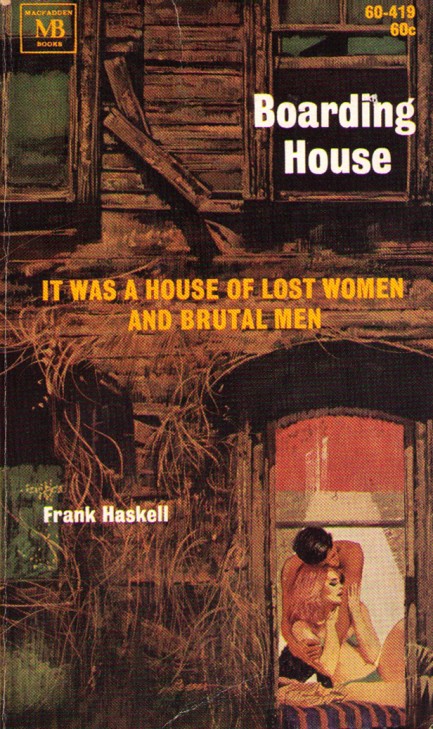
Initially published in 1953 as House of Lost Women, Frank Haskell’s Boarding House acquired its new title in 1954 when re-published by Cameo Books, and retained the new name on the above 1969 edition from Macfadden-Bartell. Frank Haskell was a pseudonym for author Haskell Frankel, whose real name strikes us as a bit more literary sounding than his moniker, whereas the pen name sounds like it belongs to maybe a high school football coach or a union president. No artist info on this, but it’s unusual and we like it.
|
 |

The headlines that mattered yesteryear.
1927—Mae West Sentenced to Jail
American actress and playwright Mae West is sentenced to ten days in jail for obscenity for the content of her play Sex. The trial occurred even though the play had run for a year and had been seen by 325,000 people. However West's considerable popularity, already based on her risque image, only increased due to the controversy. 1971—Manson Sentenced to Death
In the U.S, cult leader Charles Manson is sentenced to death for inciting the murders of Sharon Tate and several other people. Three accomplices, who had actually done the killing, were also sentenced to death, but the state of California abolished capital punishment in 1972 and neither they nor Manson were ever actually executed. 1923—Yankee Stadium Opens
In New York City, Yankee Stadium, home of Major League Baseball's New York Yankees, opens with the Yankees beating their eternal rivals the Boston Red Sox 4 to 1. The stadium, which is nicknamed The House that Ruth Built, sees the Yankees become the most successful franchise in baseball history. It is eventually replaced by a new Yankee Stadium and closes in September 2008. 1961—Bay of Pigs Invasion Is Launched
A group of CIA financed and trained Cuban refugees lands at the Bay of Pigs in southern Cuba with the aim of ousting Fidel Castro. However, the invasion fails badly and the result is embarrassment for U.S. president John F. Kennedy and a major boost in popularity for Fidel Castro, and also has the effect of pushing him toward the Soviet Union for protection.
|

|
|

It's easy. We have an uploader that makes it a snap. Use it to submit your art, text, header, and subhead. Your post can be funny, serious, or anything in between, as long as it's vintage pulp. You'll get a byline and experience the fleeting pride of free authorship. We'll edit your post for typos, but the rest is up to you. Click here to give us your best shot.

|
|





